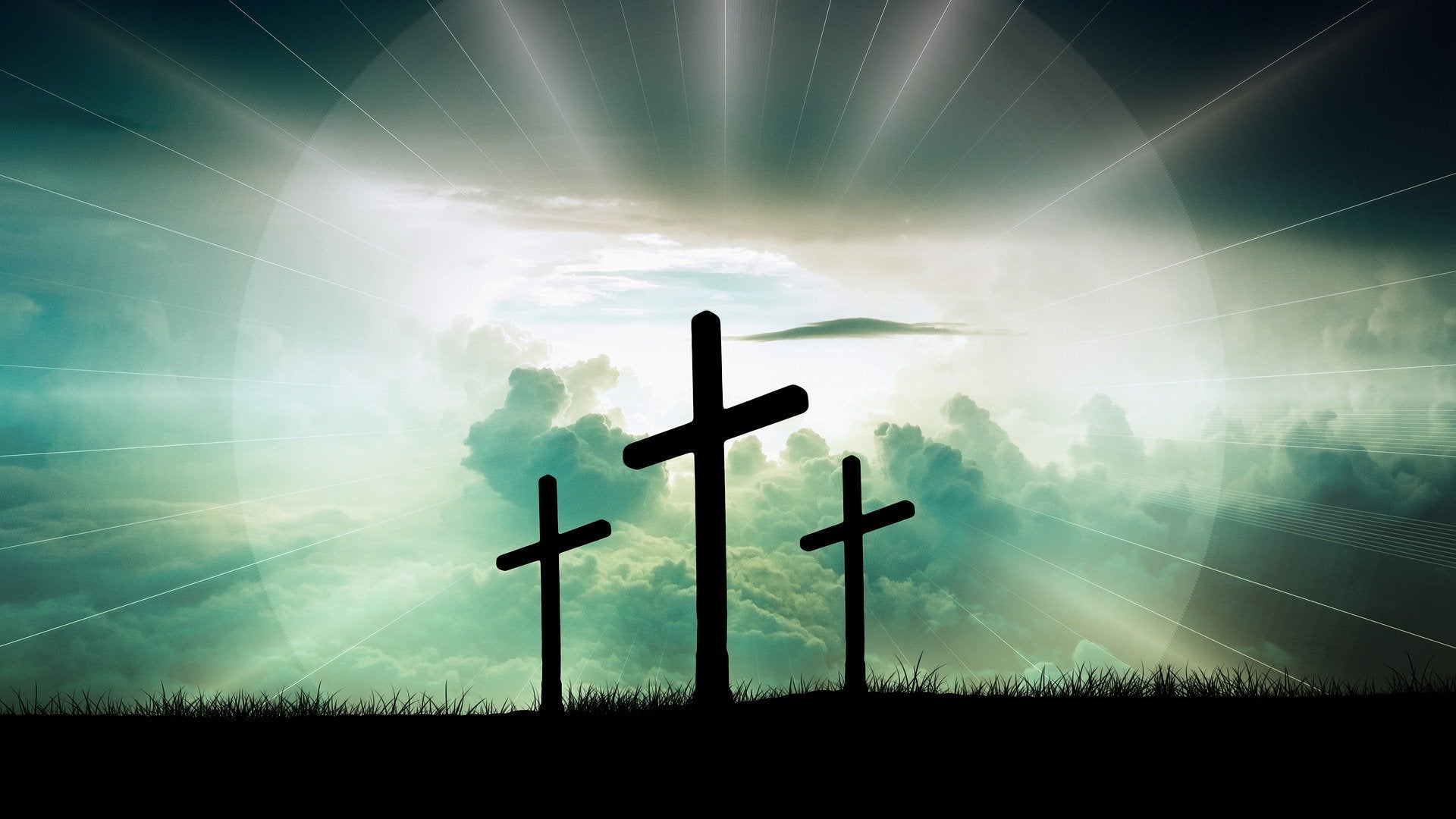Understanding the significance of Lent, fasting
Published 10:27 pm Saturday, February 22, 2020
|
Getting your Trinity Audio player ready...
|
In life, there is no way to overemphasize the necessity of intentionality.
Finding positive ways to accentuate imperative disciplines and practices is the task and challenge of families, schools, offices and the church.
Life gains made via strategic actions and distinct seasons may not be seen at the moment but can provide lasting transformation into the future. With this in mind, let’s discover together a case for the Christian Season of Lent.
During Lent, the 40–day period before Easter, Christians across the world contemplate the meaning of the Cross of Christ.
The Church seeks after a keen spiritual renewal through prayer and reflection on the sufferings of Christ, our need for God’s salvific grace, and the hope of the resurrection of all believers.
The earliest Lenten practices trace back to the early church. New Christians seeking to be baptized on Easter Sunday would take part in a 40 day fast (excluding Sundays) and discipleship training. This 40-day period mimics the 40 days Jesus spent in the wilderness after his baptism.
During this time, converts would contemplate the cost of discipleship and the grace necessary to live a Christian life.
Soon, the Christians disciplining the new converts found that they, too, could experience a renewed understanding of the Cross and the grace of God. It then became the tradition for all Christians to participate in fasting and prayer 40 days before Easter.
To many, the word “fasting” means a total abstention from all food.
In the historic church, it meant a disciplined diet so that your appetites become a spiritual alarm to pray and spend time with God.
When Jesus taught us to pray, he did not say, “If you elect to pray, do it this way…” and when he taught about fasting, he did not say, “If you elect to fast, do it in this way…”
No, he said, when you pray and when you fast, you are not to make a show of it.
A fast is an act of devotion to God. Fast whenever you need intensive prayer.
Your appetite acts as a prayer alarm; instead of eating your usual food item or meal, you pray. That keeps you focused all day long.
If you are going to fast, just omit a meal or an item or two from your diet.
You can even fast activity or hobby that you enjoy.
Fast something that you will miss.
Every time you get an appetite or a desire for those items, you will be reminded of your fast, and you can pray instead of eating or participating in the activity. This will have immense spiritual benefit.
As the Christian calendar progressed, another Lenten practice emerged.
The Church began to have a special emphasis on the first day of Lent. They would place ashes on each person’s head.
In receiving the ashes, Christians were committing to remember and reflect on the Cross. This and the practice of Lent has been celebrated for over 1,000 years.
This season reminds us that through Christ, we experience grace and victory over death.
Anything action or specific observance can become rite or just actions for the sake of religious observance.
Like many of you, I did not grow up in a Christian tradition that observed or practiced Lent. Early on in my theological and pastoral education, I was introduced to the practice and I found deep meaning and significance, so much, I have led every congregation where I have ministered to follow the same.
The word lent has both secular and faith meanings.
From the Old English, it points to the season of spring, new birth and the lengthening is days. Since the Easter season always coincides with the coming of spring, the Church adopted this word to be the name for this power practice and time.
Lent will not save you, that only comes through the death and resurrection of Jesus.
Lent will not sanctify you, that is a gift of grace from the Holy Spirit that comes only in the surrendered life.
Lent will not get you extra crowns in heaven, but it can enrich your life in Christ now.
I invite you to join me and millions of others around the world in preparing yourself for Easter Sunday.
To not let these days pass doing the same thing expecting the same results.
Even if your local church does not follow this path, you can choose to focus. Whatever you do be intentional and do it in the spirit of worship and surrender while seeking to be different after the 40 days.
Above all, remember in your weakness, Christ died for you! That is Good News!
Rev. Brad McKenzie is Lead Pastor at Orange First Church of the Nazarene, 3810 Martin Luther King Jr. Drive, in Orange.







